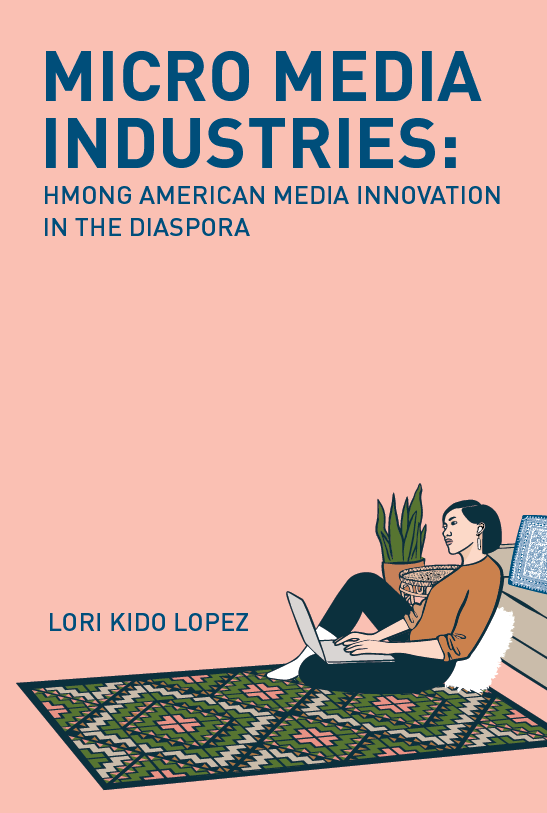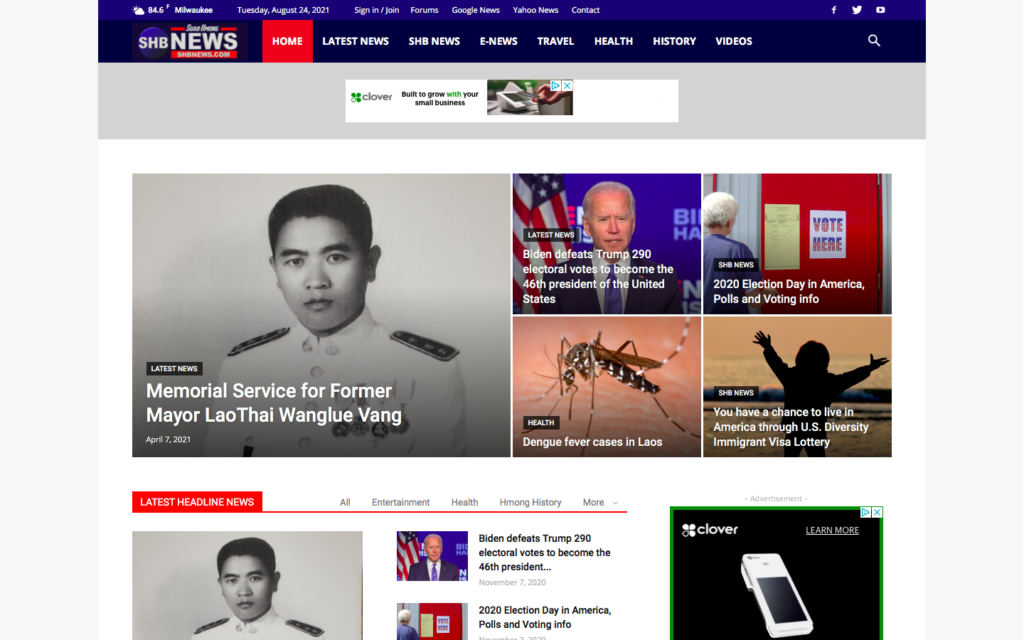
One day pre-pandemic, Lori Lopez, a UW-Madison associate professor of media and cultural studies, joined a Hmong teleconference call with more than 1,000 listeners.
The call was not a meeting or presentation, but a live call-in radio program where people could share their stories, listen to conversations or get news about their community.
She said it was a radio station — without being a radio station. 
“I was like Hmong people are being really entrepreneurial and coming up with all sorts of really cool media solutions to the fact that they’re such a small community and they can’t really have a traditional media structure,” the director of the Asian American Studies Program told Madison365.
Now, seven years later, she released her book titled “Micro Media Industries: Hmong American Media Innovation in the Diaspora” on Aug. 13.
Lopez wanted to name something that was already happening, she said. The “micro media industries” with just one or two staff, are outlets that are increasing in number and significance. She said the outlets are constrained by resources but produce content like fully staffed media outlets through writing, podcasts, Facebook, conferencing calls and Youtube.

She gave the example of Suab Hmong News which is an online media outlet run by one person. The creator, Richard Wanglue Vang, writes stories and posts Youtube videos at least once a day. Some of his videos have 16,000 views. The website looks professional, and up to date.
“I wanted to call attention to these kinds of media that were being unrecognized and point to how much work it is for this community in the diaspora that doesn’t have a home country to be able to keep their language alive and their history and culture alive through media,” Lopez said. 
One of her favorite media outlets she studied for the book was Hoochim, a podcast run by four Hmong women that Lopez describes as politically savvy and just fun to listen to. The name is a combination of two words — Hwjchim is the Hmong word for prestige and/or honor and usually applied to males and Hoochie is used to describe a woman who is “easy” or dresses in a provocative manner, according to Hoochim’s website.
“We didn’t see or hear our voices or the topics of interest to us in the Hmong or American media we were consuming,” the Hoochim website states. “Instead of waiting around for others to give space for our voices, we decided to insert ourselves in the mix.”
Lopez also argues that these outlets should be held up as models of media innovation that can counter the increasing power of mainstream media.
“We kind of assume that everyone wants to be big and everyone has to be big and constantly growing your audience is the only way to survive. And I just want to say, if you look at all of these cases of micro media, you can see that that is not true. Media do not have to grow in order to be important and to survive,” she said.
The book includes over 100 interviews with Hmong media professionals and participants in Wisconsin, Minnesota and California. She traveled to cities like Appleton, Minneapolis and Fresno to attended Hmong community events.
Lopez said although Hmong is the largest Asian population group in the state of Wisconsin, there wasn’t much research on Hmong media. As someone who has been studying Asian-American media even before coming to UW from Los Angeles 10 years ago, she knows that media is important to how people see themselves, and what kinds of stories people learn. She added that who is making the media really matters.
One interview from influencer and writer Phillipe Thao particularly stuck out to her.
“There are so many topics that no one wants to talk about, there’s no space to talk about it as a Hmong American,” Thao told Lopez. “So that’s what I take into Twitter and my podcast, to truly speak about my own experience and my own realm. I’ve talked very openly about my depression and failing school and those kinds of hardships. I know everyone’s experience is different, but if I can speak very candidly, maybe it’ll inspire a queer Hmong person who is struggling with their sexuality.”



